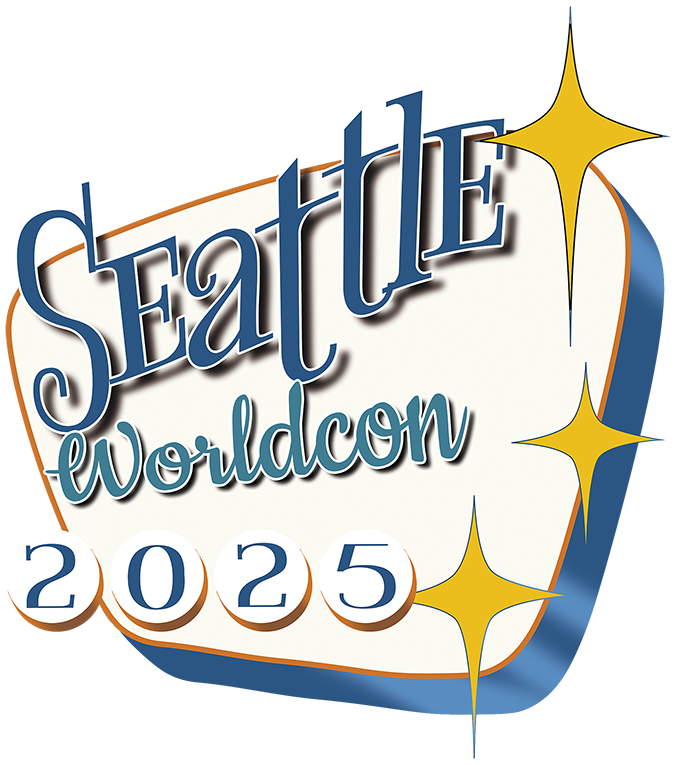If one has specific genre tastes, disappointment looms. Nothing lasts forever. Popular tastes change, and that which was once popular becomes less so. Profit-oriented organizations focus their attention elsewhere, as do the fanfic writers. Once-common subgenres vanish, forcing readers with particular tastes to reread old favorites until they fall apart or the acid in the paper consumes them.
Uh, by “them,” I mean the books. Not the readers. No reader has ever been dissolved by high-acid-content paper… or if they have, I haven’t heard about it.
But there’s hope! Few subgenres ever quite dwindle down to nothing. As long as one spark remains, there’s always the chance that younger writers will look at the derelict genre and decide there’s still a seed of something worth developing. All it takes is one sufficiently remarkable work, and other authors will join in reimagining an old genre in the light of modern conventions.
Consider the waxing and waning of space opera [Note 1], the grand-scale science fiction adventure stories. If you were a fan of epic planet-busting stories in the 1930s and 1940s, no worries! Doc Smith, Edmond Hamilton, and John W. Campbell, Jr., had your back.
Later on, tastes changed and authors wanted to write in other genres. When authors like Harry Harrison, Bob Shaw, and Randall Garrett did write space operas, they were parodies like Star Smashers of the Galaxy Rangers, Who Goes Here?, and Backstage Lensmen. All great fun, except to those of us without senses of humour.
Then, authors like Iain M. Banks, Greg Bear, and Lois McMaster Bujold repurposed some of those old tropes to suit modern sensibilities. These efforts proved highly successful, perhaps so successful that younger readers [Note 2] might be unaware that there was a time when space opera was hard to find, a time when “space opera” was a derogatory term.
So, there’s always hope, even for the most disregarded subgenre. All it needs is for one sufficiently inspired author to pick up their pen… That’s all it takes to bring yesterday into today and tomorrow.
Notes
- “Space opera” was considered by many to be a derogatory term for hackwork SF, and didn’t really refer to the same kind of SF now called space opera. Let’s pretend my limited word count didn’t prevent me from going into great detail about how words change meaning. Linguistic evolution might seem to undermine the so-called purity of the English language. There’s a quotation for that.
⤴️ Return to reference 1 - I had a coworker who mused about a great old book that they had read “as a kid,” a book which I later determined had first been published in 2019.
⤴️ Return to reference 2
James Davis Nicoll is a book reviewer and five-time Hugo finalist, four-time Aurora finalist, and CSFFA Hall of Fame nominee. His work can be found at James Nicoll Reviews.


Space opera became less popular, true. But the definition of space opera never encompasses everything one gets from the genre, and if one is diligent, one can find enough of those elements repackaged in new forms. The best trick is to introduce a prolific writer to a genre you love, and sit back and wait. After they’ve read a few, the best bits will filter into their writing. 🙂
I personally am trying to revive Victorian thrillers with my bare hands.